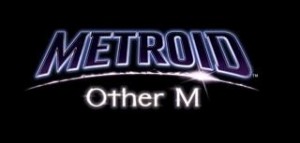 Though not directly related to the act of creation, at this Workshop we try to keep a close eye on any news from the market of electronic books. The reasons are, on the one hand, the usefulness of the new format for learning and research, and on the other, the publishing opportunities that it might open for new and experienced authors alike.
Though not directly related to the act of creation, at this Workshop we try to keep a close eye on any news from the market of electronic books. The reasons are, on the one hand, the usefulness of the new format for learning and research, and on the other, the publishing opportunities that it might open for new and experienced authors alike.
This time it’s Amazon who captures our attention with news of a third generation of its Kindle ebook reader, available from August 27th. Its most remarkable feature is perhaps its new price, with its basic model at ₤109/$139, while the 3G drops to ₤149/$189. Such prices were unthinkable just a few months ago and make this technology accessible to a wider audience.
Most of the other updates are rather predictable (the typical improvements in contrast, speed, etc.) with two exceptions that catch our attention, though for different reasons.
First, the system will include an internet browser. While the idea is terribly attractive, we are skeptical at the thought of surfing the net at the slow speed with which electronic ink refreshes – it simply would make the experience quite exasperating.
On the other hand, enhanced PDF support is announced, including (as we understand from the technical features sheet) the option of landscape reading. If this is properly implemented, it might allow us to finally read A4-formatted PDFs comfortably, simply by scrolling down the pages – with no need to invest $379 on its big brother, the Kindle DX. This would prove very helpful, for example, for reading screenplays, which are rarely found on print but easily -and for free- on PDF, making it an invaluable tool for scriptwriters looking for learning material.



